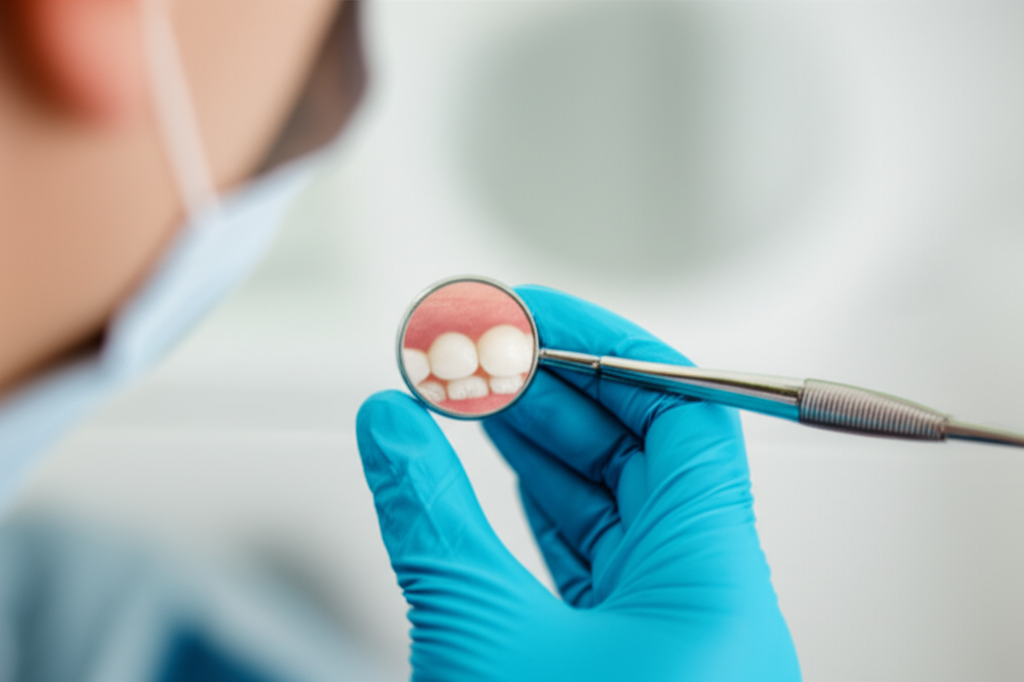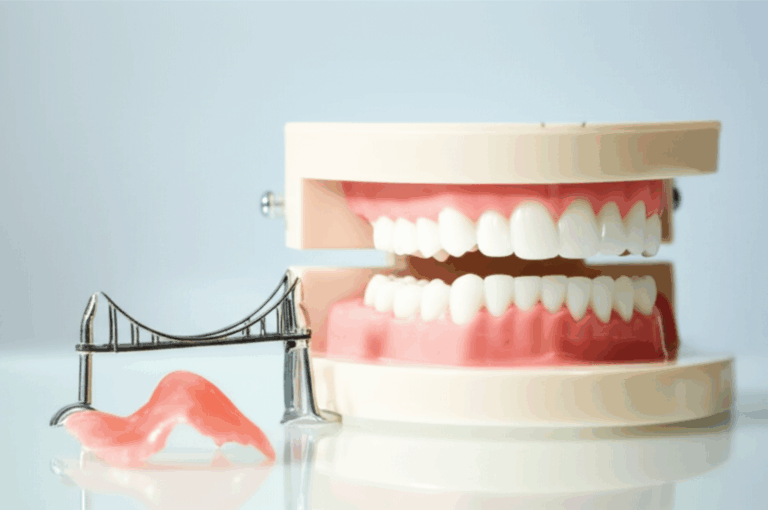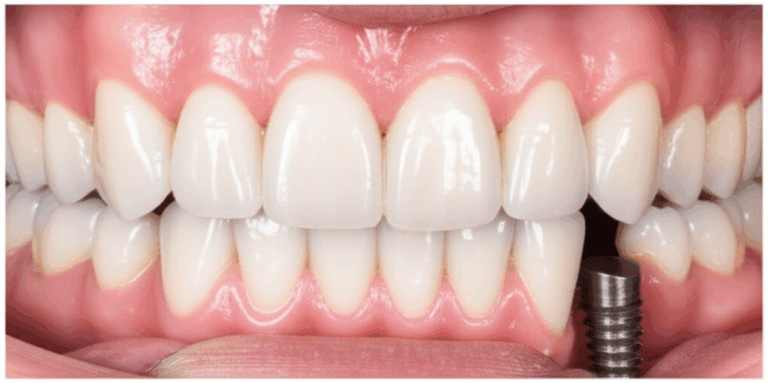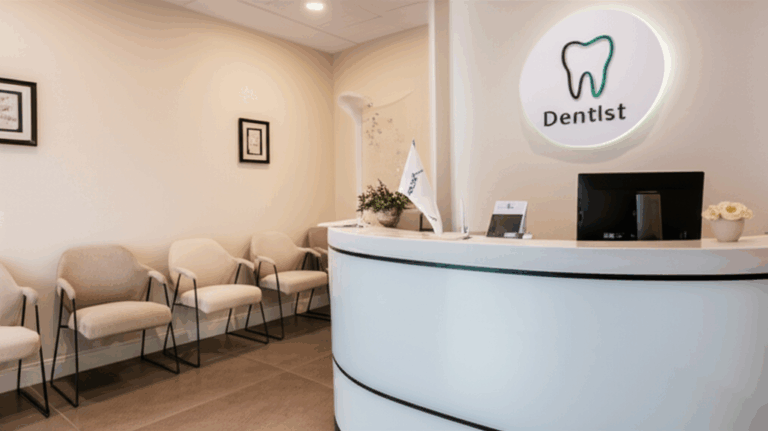
How Much Do Dentists Make in Spain? (2024 Average Salaries & Key Factors Explained)
Thinking about working as a dentist in Spain, or just want to know how much dentists really get paid? This article breaks down dentist salaries, what affects your pay, and why being a dentist might or might not be a great idea in Spain.
Table of Contents
What Is the Typical Salary for Dentists in Spain?
So, you want to know how much dentists make in Spain. The average dentist salary here might surprise you. On paper, most dentists across the country make between €35,000 and €55,000 before taxes. That means before money is taken out for taxes and social security.
You don’t get to keep all that money. After taxes and social security, most dentists take home around €26,000 to €40,000 a year as what they actually get paid. The real number changes based on your city, how long you’ve worked, and lots of other things.
Here’s a quick table:
Table 1: Dentist Salaries in Spain (2024 Estimates)
| Category | Gross Salary (€) | Estimated Net (€) |
|---|---|---|
| Overall Average | 35,000 – 55,000 | 26,000 – 40,000 |
| Newly Qualified (0-3 yrs) | 25,000 – 35,000 | 19,000 – 26,000 |
| Mid-Career (4–10 yrs) | 40,000 – 60,000 | 30,000 – 45,000 |
| Senior/Experienced (10+ yrs) | 55,000 – 80,000+ | 40,000 – 60,000+ |
Why does this matter to you? It’s important to know what to expect if you want to study dentistry, move to Spain, or open your own clinic.
How Does Experience Change Your Income as a Dentist?
How long you’ve been working as a dentist makes a big difference. When you start out, you might make only €25,000 to €35,000 before taxes. Most new dentists work in bigger clinics, or fill in for other dentists.
After a few years, you can earn more. If you stick with it, get a good reputation, and maybe focus on one area, your pay can jump to €40,000 or even €60,000. Senior dentists, especially those who run their own clinics, can earn €80,000 or even more if they have over 10 years on the job.
But there’s a catch: Getting to the top takes time and lots of work. You have to build up patients, learn new things, and sometimes take risks with money.
Do Specialties Like Orthodontists or Oral Surgeons Make More Money?
Short answer? Yes. If you’re a general dentist, you’ll probably earn less than if you pick a special area. Here’s more info:
- Orthodontists (the people who do braces and teeth straightening) can get €60,000 or even more than €100,000 before tax.
- Oral surgeons who do tough surgeries may bring in as much as €120,000+.
- Other specialists like periodontists and endodontists can usually earn €55,000 to €95,000.
Don’t forget about kids’ dentists and those who focus on making teeth look nice—they might earn more than the usual, depending on where they work and how good they are.
Most of the bigger numbers are for those with their own clinics or who work in big cities, where people pay extra for top-level care. If you want to know about how dental labs make work easier, check out our page on digital dental lab.
Does Where You Work Matter When It Comes to Salary?
Definitely. Imagine you’re a dentist in Madrid or Barcelona. There are lots of clinics, which means lots of other dentists, but there are also more patients and busy clinic chains. The numbers look like this:
- Big Cities (Madrid, Barcelona): Dentists make about €40,000 to €60,000 before tax. But living there costs more, too.
- Medium Cities (like Valencia or Seville): Expect about €35,000 to €50,000—not bad, and it can be easier on your wallet.
- Small Towns/Rural Areas: Wages are about €30,000 to €45,000, but rent and things like food cost less.
Dentists who work in popular tourist spots, such as the Canary Islands or Balearics, can see lots of patients, especially if they speak English. Still, there can be busy seasons and slow times.
Is It Better to Work for the Public Health System or Private Clinics?
This is a big choice for dentists in Spain.
- Public Health (SNS): It’s steady. Dentists who work for the government make €28,000 to €40,000 before tax. You get more job safety, set vacations, and a clear ladder to move up. But you can’t make as much money.
- Private Clinics: The pay range is bigger. You might get €30,000 to €60,000 or more, especially with a bonus or if you work on commission. The clinics that do lots of work or offer special care (like making teeth look better) pay the best.
What’s the problem? In private clinics, your pay can go up and down. You might have to put in extra hours at first or find your own patients.
Some dentists work in dental groups or chains. Here, you usually get a fixed pay, and sometimes a bonus, offering a mix between public and private work.
If you want to find out how you can save money and offer better services, see our info on a china dental lab.
How Do Practice Owners and Self-Employed Dentists Earn?
This is the exciting—and sometimes risky—part. If you own your own dental clinic or work as a freelancer, you could make a lot. After you pay rent, staff, taxes, and bills, owners can earn €70,000 to €150,000+, even more if things go well. But that’s not all profit.
Problem: Lots of people dream of being their own boss. But running a clinic means paying for the building, tools, helpers, supplies, taxes, and keeping patients coming in. It’s hard work!
It gets tough: Sometimes, clinic owners end up taking home less than dentists who just work a normal job, especially if business is slow or prices go up. If you don’t keep an eye on money, or if there are too many clinics and not enough patients, it can be a headache.
How to do it right: Plan well, give great service, and spend money wisely. Using the right lab partners to save money on things like crowns and bridges can help you stand out and earn more.
So: Take a risk, but be smart. Some dentists make much more than they could in a normal job—but others have slow months.
What Does Cost of Living Look Like for Dentists in Spain?
You might make less in Spain than in Germany or the USA, but daily costs are lower. Rent, getting around, food, and health insurance usually cost less than in many other European countries.
Here’s what that means:
- In Madrid or Barcelona, you can live well with a take home pay of €30,000 – €40,000 as long as you watch your spending.
- In medium or small towns, the same money can get you more—maybe even fun trips and savings.
- Dentists in small towns might earn less, but rent, groceries, and having fun all cost less, too.
Add in a good work-life balance, and Spain is a pretty nice spot to live and work as a dentist.
How Do Spanish Dentist Salaries Compare to Other Countries?
Lots of people wonder: Does a dentist in Spain get paid like one in the UK, Germany, or the USA?
- Spain: Most dentists bring home €26,000 – €40,000 a year, more if you’re a specialist.
- UK: Dentists can get a bit more, but it costs more to live there, too.
- Germany: Higher pay, but you need to speak German and pay more for things.
- USA: The best pay, but you have to pay back big student loans and business costs.
So, if you want to save a lot, Spain is in the middle. But the lifestyle and weather make a lot of people happy to call it home.
If you want world-class supplies for your dental work, it’s good to look for a modern dental ceramics lab.
What’s the Career Outlook for Dentists in Spain?
Dentistry in Spain is growing, but not super fast. Older people need more dental care, people care more about how their teeth look, and more folks care about mouth health—that all helps. But there are some worries:
- There are more and more new dentists all the time—more people fighting for the same jobs, especially in cities.
- Dental tourism brings patients from other countries to sunny spots, adding business.
- New tech and more affordable dental labs help small clinics do better, even against big chains.
What will help you get ahead?
- Being good with people.
- Speaking both English and Spanish, at least.
- Knowing business, if you own a clinic.
- Picking a specialty for more money.
If you can keep learning and change when you need to, you can do really well in Spain.
Is Dentistry in Spain Right for You?
Now you know the numbers—but what’s it like? Dentistry in Spain can be a good, steady job with decent pay—but only if you think about where you want to live, how long you’ve been working, and what you want out of life.
Problem: Some folks think being a dentist makes you rich quick. But, if you don’t plan ahead or set the right goals, you could earn less than you hope, especially if you pay a lot to open your own office.
It can sting: Imagine studying hard and getting into debt, only to earn less than your friends. Or seeing taxes and paying your staff take away all your profit. Not fun.
How to win: If you’re new, trained elsewhere, or thinking about a specialty, check local job numbers, look at clinic earnings, and be smart with your spending. Get more training, work with good labs, and, if you open your own place, make wise business choices.
FAQ: Your Top Questions about Dentist Salaries
Q: Is dentistry a well-paid job in Spain?
A: Usually, yes—it pays more than many jobs in Spain. But, compared to places like the UK or USA, the pay is less. You’ll earn more with more years in the field or if you specialize.
Q: How much tax do dentists pay in Spain?
A: Taxes and social security can take about 20%-40% of your money, depending on how much you earn.
Q: Can a dentist from another country earn good money in Spain?
A: Yes, but you must get your degree accepted and have good Spanish skills. If you work in tourist areas or a special dental field, you can earn more.
Q: What’s the most a dentist can earn in Spain?
A: Owners and specialists can make over €150,000 in a good year, but that’s rare and takes a lot of work.
Q: What costs does a self-employed dentist have in Spain?
A: Rent, buying equipment, paying staff, buying supplies, taxes, and advertising.
Key Takeaways
- Dentist salaries in Spain change a lot: Most general dentists make €35,000–€55,000 before taxes; top owners and specialists earn much more.
- Where you work, experience, and specialty are really important.
- Working for yourself has bigger money possibilities—but also bigger risks.
- Public jobs mean steady pay, private offices offer more money if things go well.
- Living in Spain costs less in many ways, so your cash goes further.
- The best jobs go to people who learn new skills, get trained, and use the best dental labs.
- If you want to work as a dentist in Spain, look at all the options, do the math, and always keep learning.
- Check out services from modern labs like china dental lab, digital dental lab, or dental ceramics lab to improve your clinic.
- Spain’s work-life balance and sunny days add real value to your salary.
Remember: How much you can earn is just one part. Pick the right path, keep moving forward, and enjoy helping people smile!








